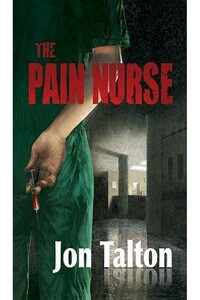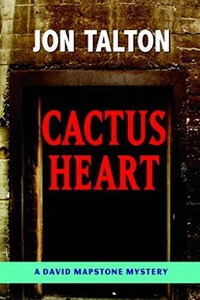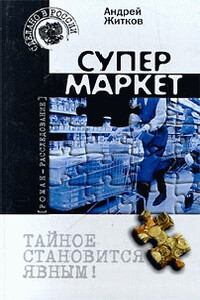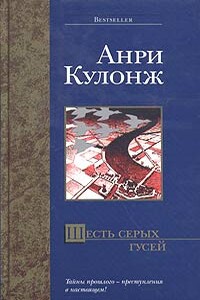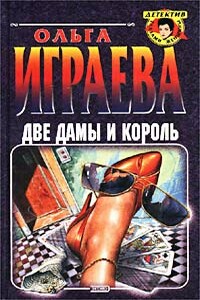South Phoenix Rules | страница 2
It was a typical corner station and mini-mart, a squared-off building along a wide avenue of other homely boxes. Twelve lanes crossed the intersection. Two other corners had abandoned gas stations, their remains fenced in. The fourth corner held a check-cashing outlet. Campaign signs clustered on each corner, including one of the wide Peralta Sheriff signs he had been using every election. Peralta was in white, along with a white star, against a blue and red field. Next to it was a sign for his primary opponent, with the subtitle: Stop illegal immigration! The primary would come and go, but the immigrants would come, no matter the condition of the economy. How many had died in the desert this year? Last count: one hundred twenty. None of the Anglos in Phoenix took notice.
At the gas station, the cars quickly lined up, then spilled out onto Thomas. Horns honked. Nobody ever used to honk in Phoenix.
A white Dodge van edged up behind me. Inside were a pretty Anglo mom and a little girl with curly hair. They were in the wrong part of town, but, hey, I was a cop. They’d be safe. My gaze lingered in the rearview mirror and I smiled.
It took away the nastiness of the morning, where I had backed up a uniformed deputy as we evicted a family from their home. The scruffy lawn ended up littered with furniture, clothes, and brightly colored children’s toys as we looked on. It’s not my job. I was officially the historian of the Maricopa County Sheriff’s Office, but I’m also a sworn deputy. Everybody’s work had changed since the real-estate crash sent the local economy into a depression. Anyone could have seen it coming, anyone except the majority of Phoenicians who made their living off the growth machine. A columnist in the Arizona Republic repeatedly warned it was unsustainable; he was pushed out of a job. Even law enforcement was a victim of the worst government budget cuts in the state’s history. So Peralta made me work uniformed shifts, serve warrants, and now throw a family out of its house. My pile of cold cases grew higher. “They can wait,” he said.
So I sat there, sweating even though the air conditioning was on high, and smiled at the mother and her little girl waiting behind me.
Then the gun fell.
It clattered to the cement loud enough to be heard inside the car. I made it for a Glock 17, black and blocky, just like many cops carry. My pulse shot, making my temples throb. My hand automatically went to the Colt Python.357 magnum in the Galco high-ride leather holster on my belt.
